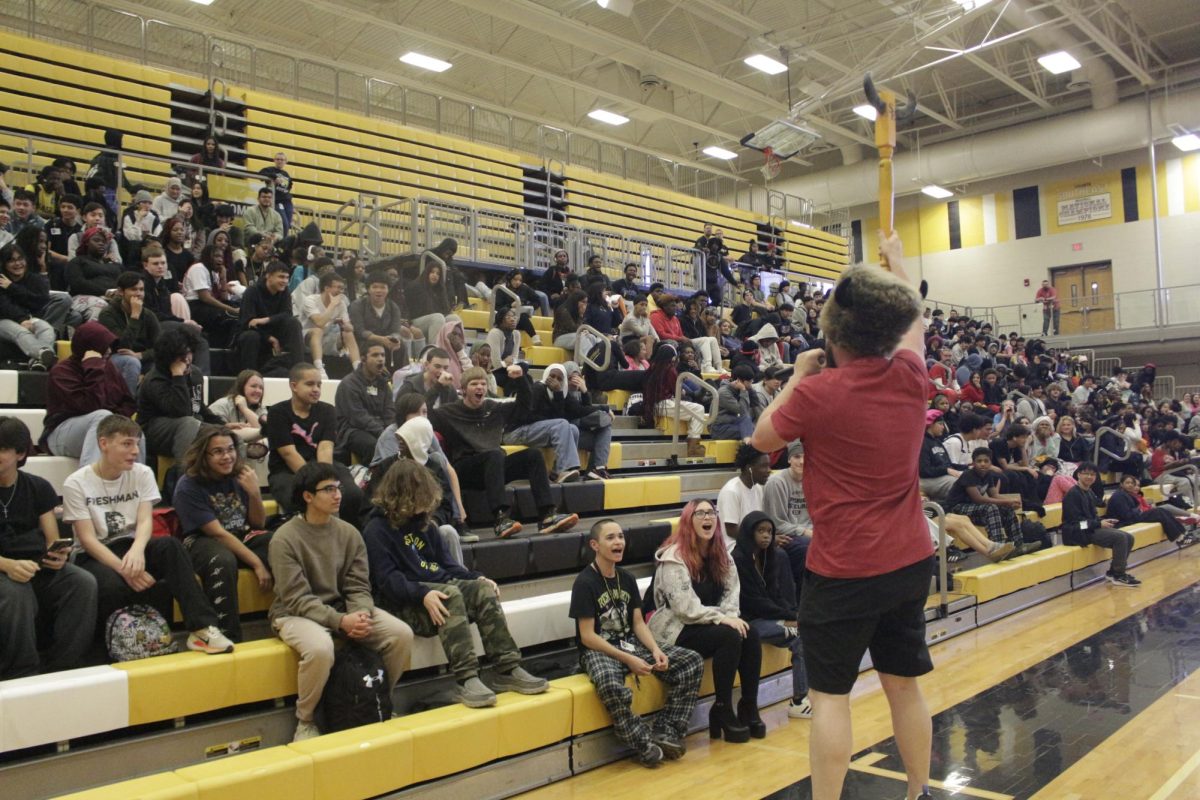Have you ever been in trouble for a small mistake in class? Maybe you didn’t get a good night’s rest? Or maybe you didn’t raise your hand when answering a question? Well, the Student Success Team is here to help.
“The Student Success Team (SST) is a new team that was established by the admin team to help assist with some student behaviors with the DOJ (Department of Justice),” Principal Claudia Cooper said, “kind of changing how things are done in the schools.”
The SST, a team of teachers and staff formed over the summer, aims to lower the risk of escalating smaller classroom disruptions to something major.
“Let’s say a student is sleeping because they don’t have an alarm clock,” Cooper said, “then the SST team could help get the student alarm clock so the student can go to bed at night and get up on time and not oversleep.”
Teachers can call for an SST member to come and speak with a student or to monitor the class while they go out to speak one-on-one with the student.
Administration is hopeful the new team will help to create a more positive classroom environment, and students seem to agree.
“If you’re just gonna’ send out your student for having their phone out, or sleeping in class or lollygagging,” Jorge Geallegos (10) said, “they’re gonna’ miss out class time and they’re gonna ‘hate your class so it’s better that if they have the SST.”
Although the SST can help to prevent damaged student-teacher relationships, teachers are hoping to not have to utilize the new team.
“As long as we’re controlling our classes and we have our management and stuff set up the way that we need to, then a lot of us probably won’t even need it, because we can take care of all those things in house,” English teacher Jacob Thimesch said, “but I think for certain kids, for certain situations, it’s better to have a third party that’s not involved in whatever happened in the classroom.”
It is also important to note that the SST will not be taking the place of the security in our school.
“But really what I want the security to respond to is different. I want security to be doing their job a little differently,” Cooper said, “now, I want them to be making those connections with kids and creating relationships with kids, and not necessarily responding to a classroom when a kid is blurting out the answers.”






